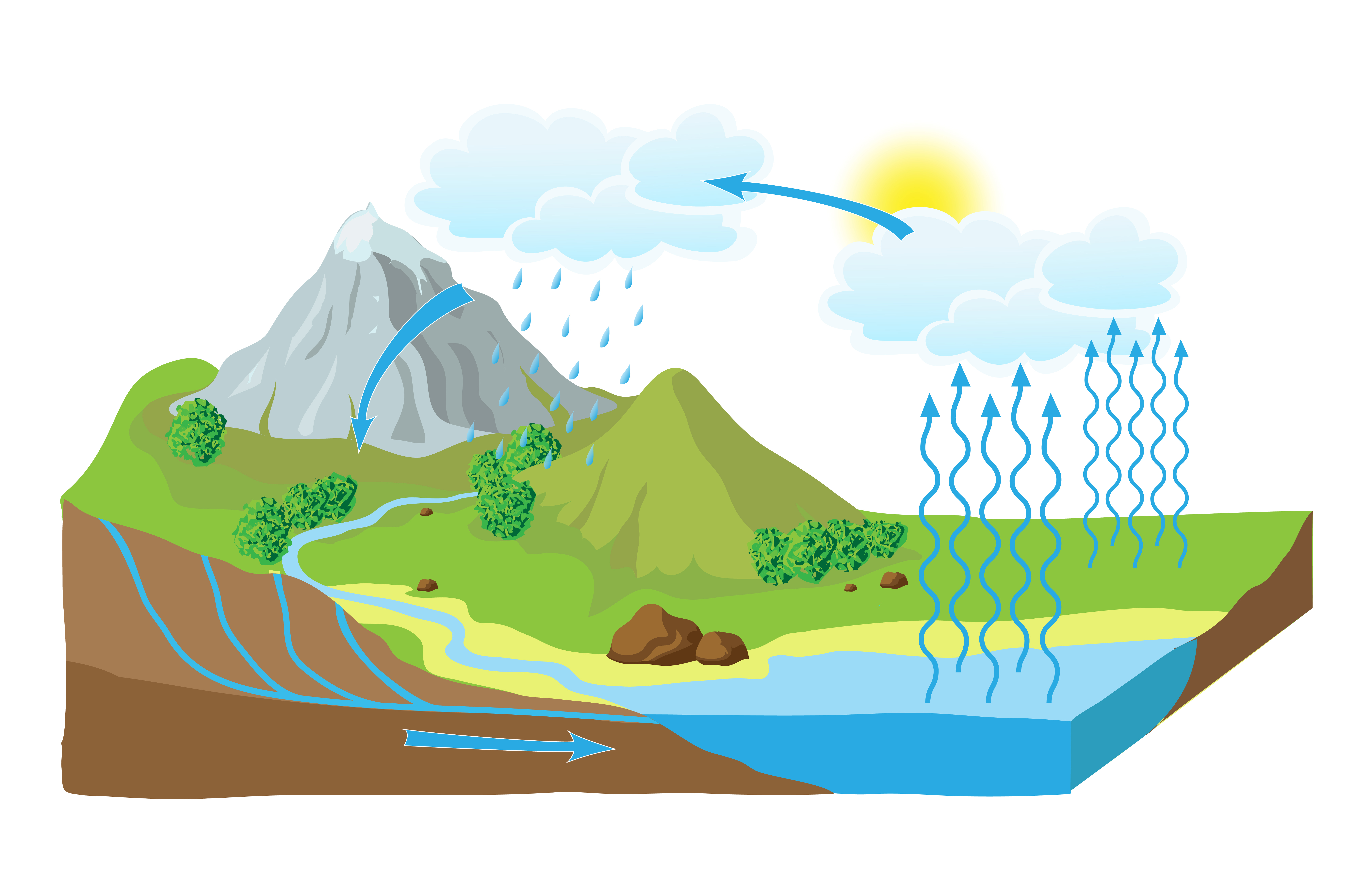Plant identification Science Worksheets
5 filtered results
-
From - To
Discover our engaging "Plant Identification Science Worksheets" designed for young learners to explore the fascinating world of plants! These educational worksheets provide a fun and interactive way for children to learn about various plant species, their characteristics, and habitats. Each worksheet includes colorful illustrations, identification exercises, and fascinating facts that encourage curiosity and enhance comprehension. Perfect for both classroom and home use, these resources help students develop essential scientific skills and a deeper appreciation for nature. Encourage your child's love for science while they enjoy identifying plants and understanding their importance in our ecosystem. Download your worksheets today!
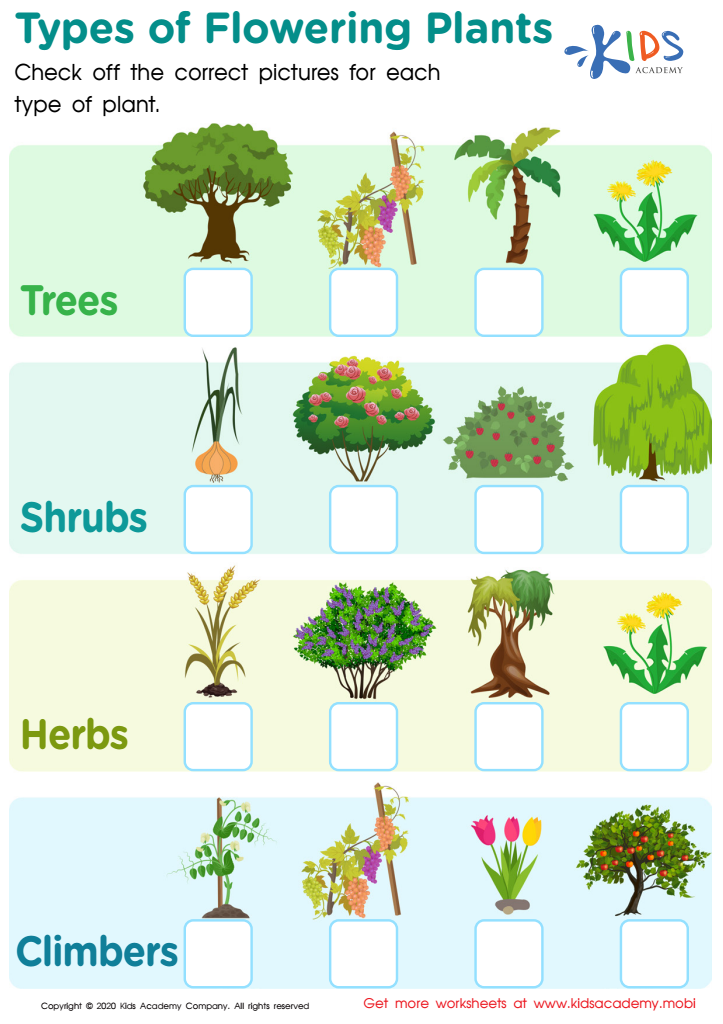

Types of Flowering Plants Worksheet
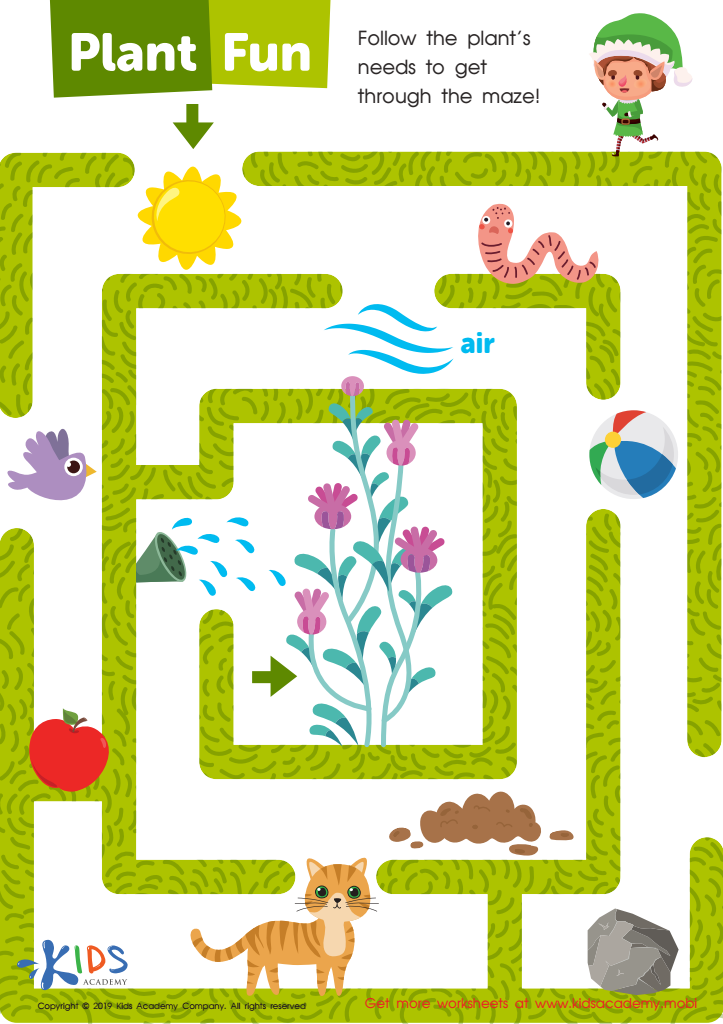

Plant Fun Worksheet
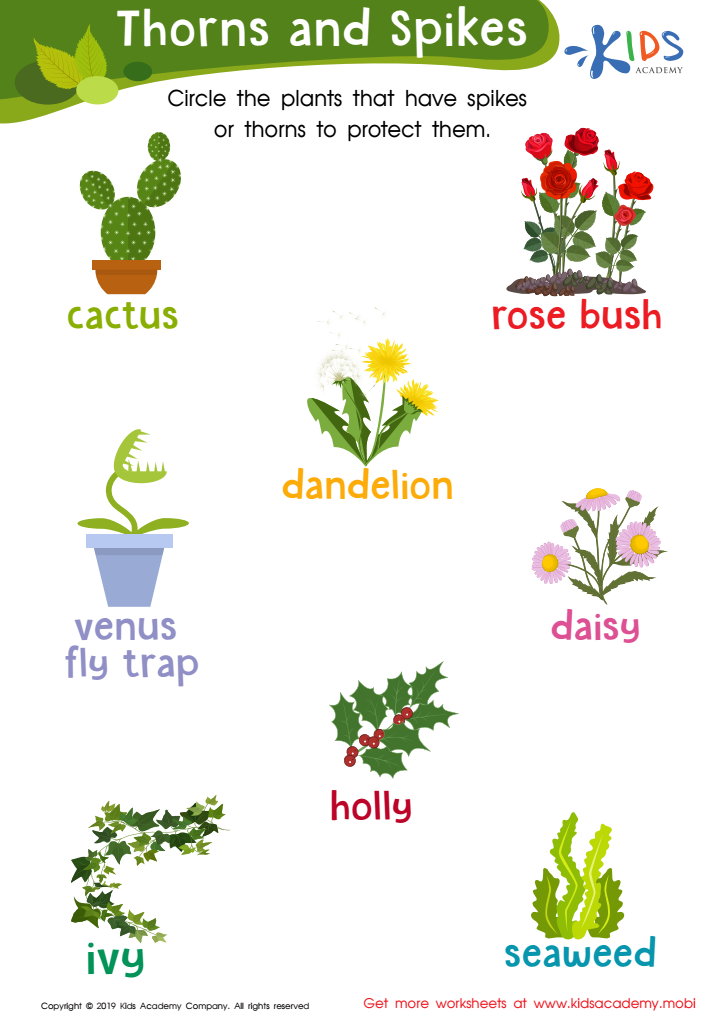

Thorns and Spikes Worksheet


What Do Plants Need to Grow Worksheet
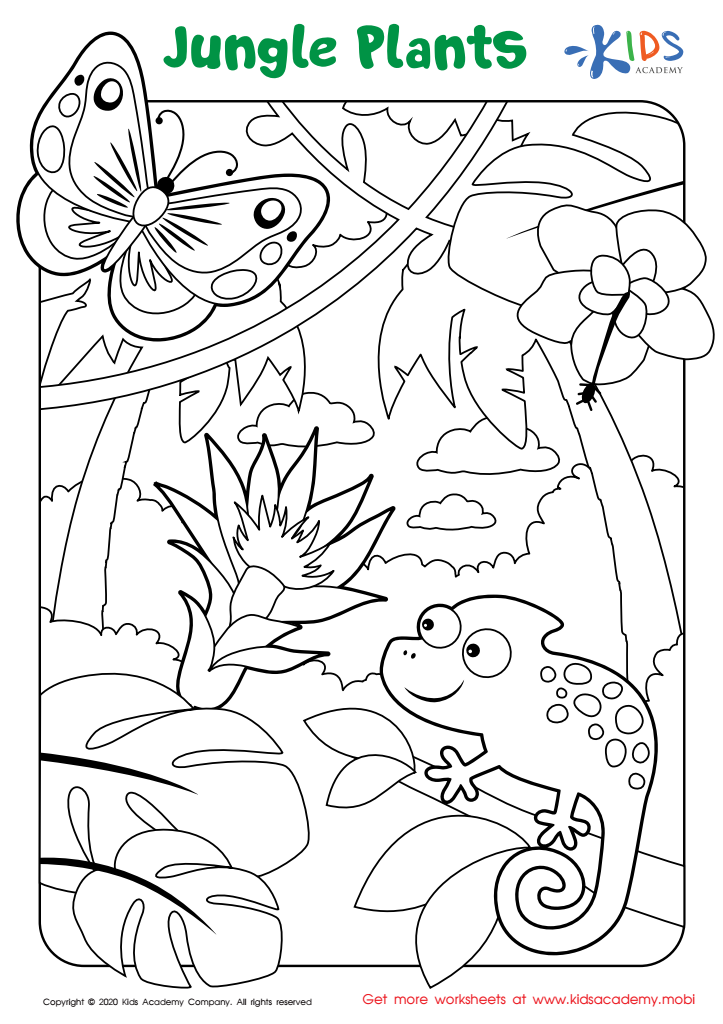

Jungle Plants Worksheet
Plant identification science is crucial for both parents and teachers as it nurtures a foundational appreciation for the natural world in children. Educating them about different plant species fosters an awareness of local ecosystems and biodiversity. This understanding supports environmental stewardship, teaching kids the importance of conserving plant life and its habitat.
Engaging in plant identification also encourages sensory exploration and critical thinking. Children learn to observe, compare, and categorize various plants, honing their observation skills and scientific reasoning. This aligns with educational goals in science education, providing experiential learning opportunities that can enhance curiosity and inquiry.
Moreover, involving children in outdoor activities such as gardening or nature walks can promote physical activity and mental well-being. Recognizing plants helps them connect with nature, boosting their mood and reducing stress, which is essential in today’s screen-dependent age.
Lastly, plant identification science introduces concepts of nutrition and food systems by recognizing edible plants, thereby fostering healthy eating habits. By emphasizing this knowledge, parents and teachers empower children with skills that rooted in appreciation and understanding of their environment—building responsible future caretakers of the planet.

 Assign to My Students
Assign to My Students









